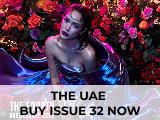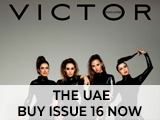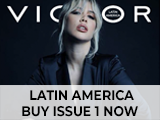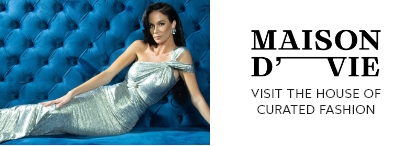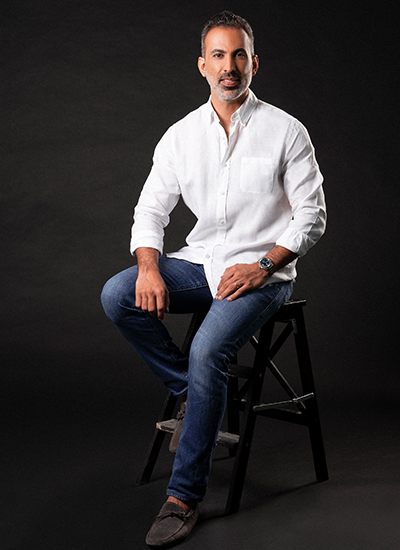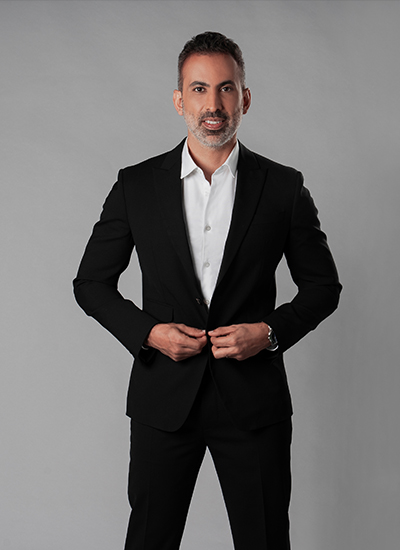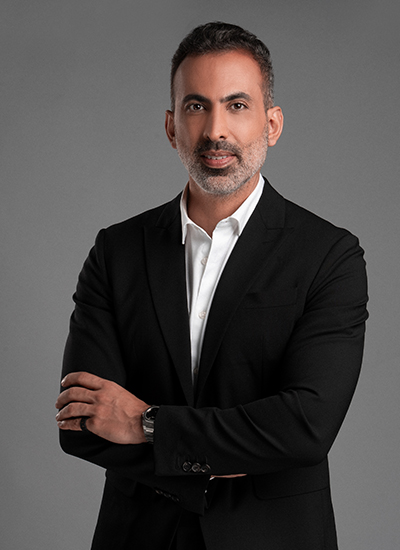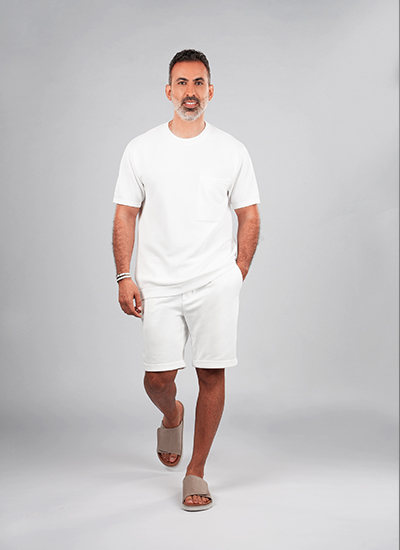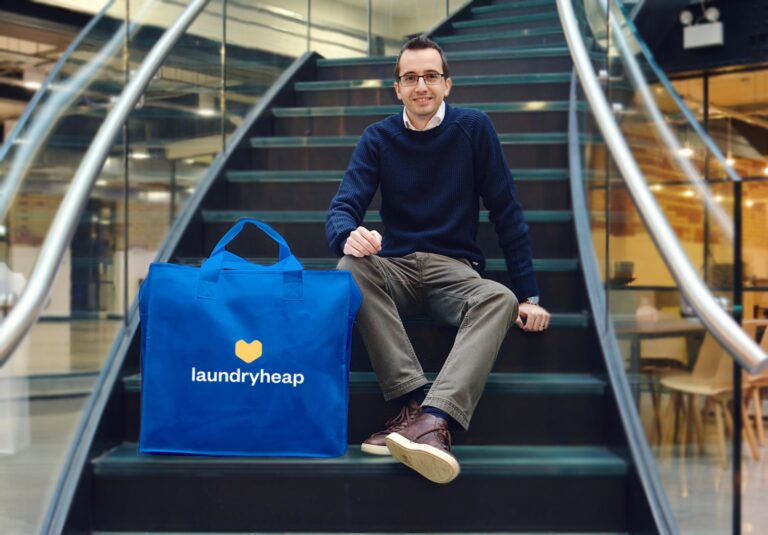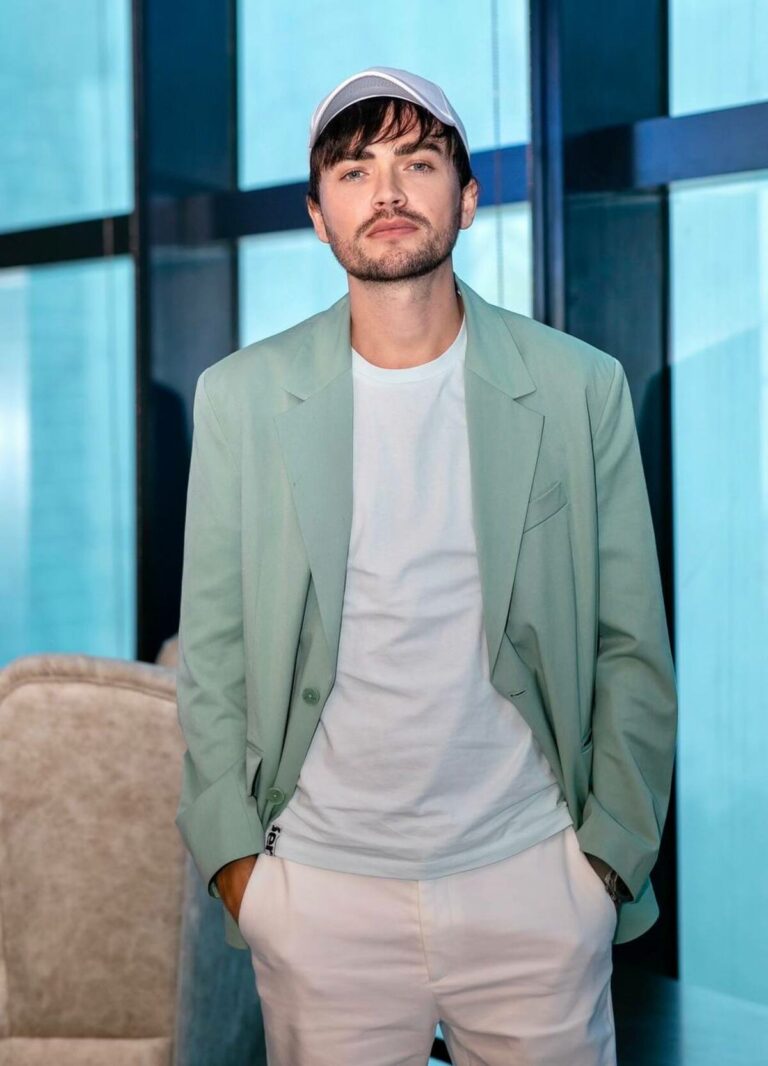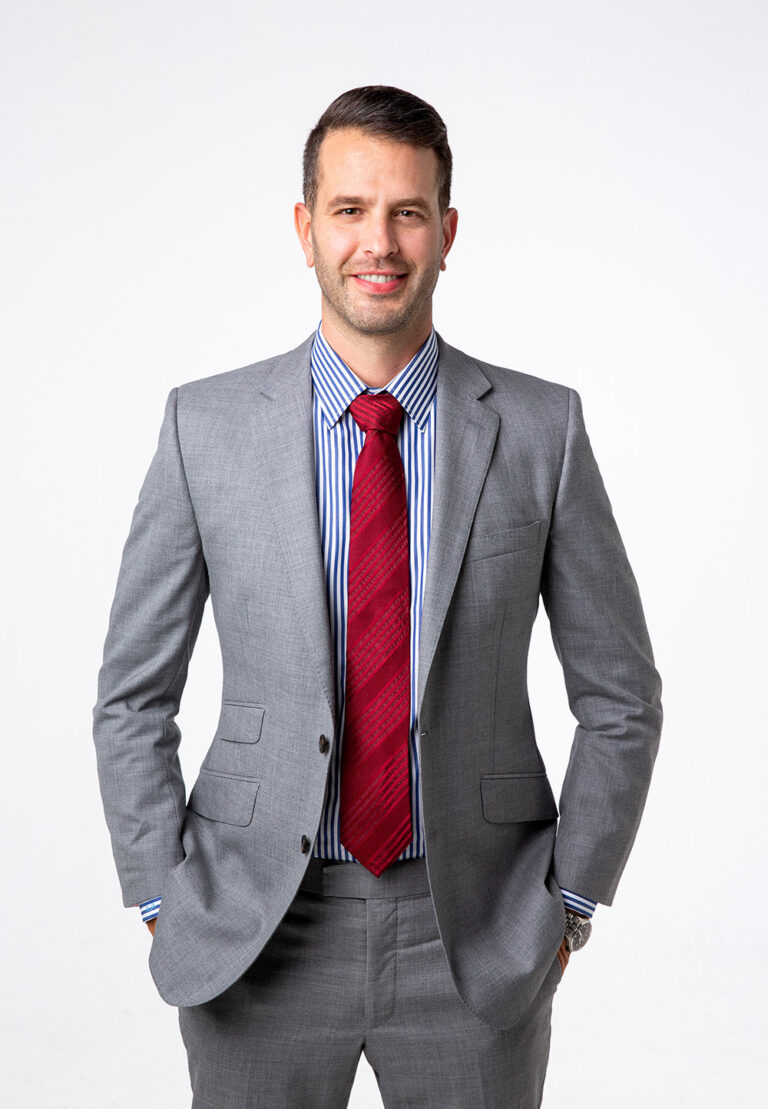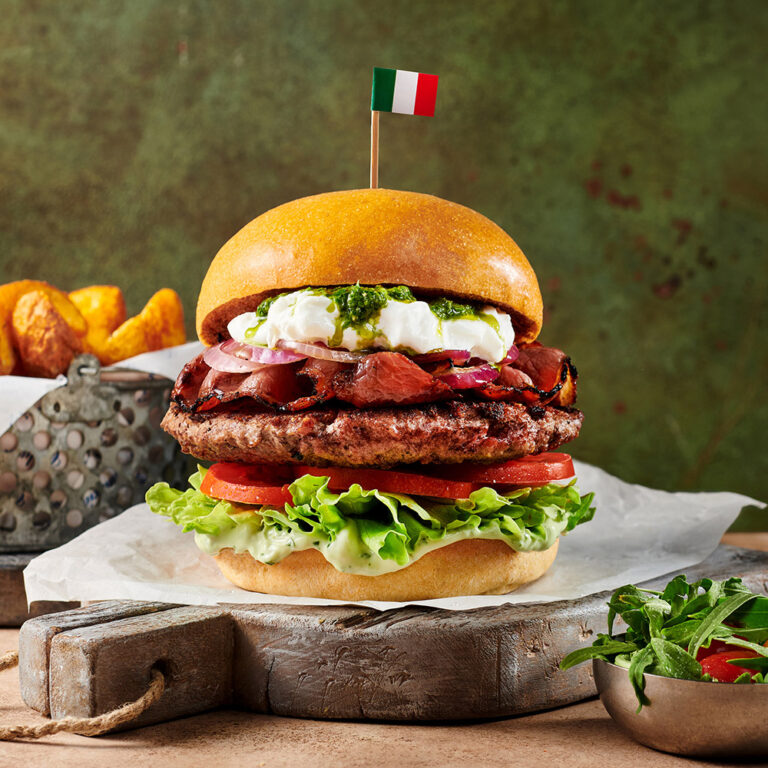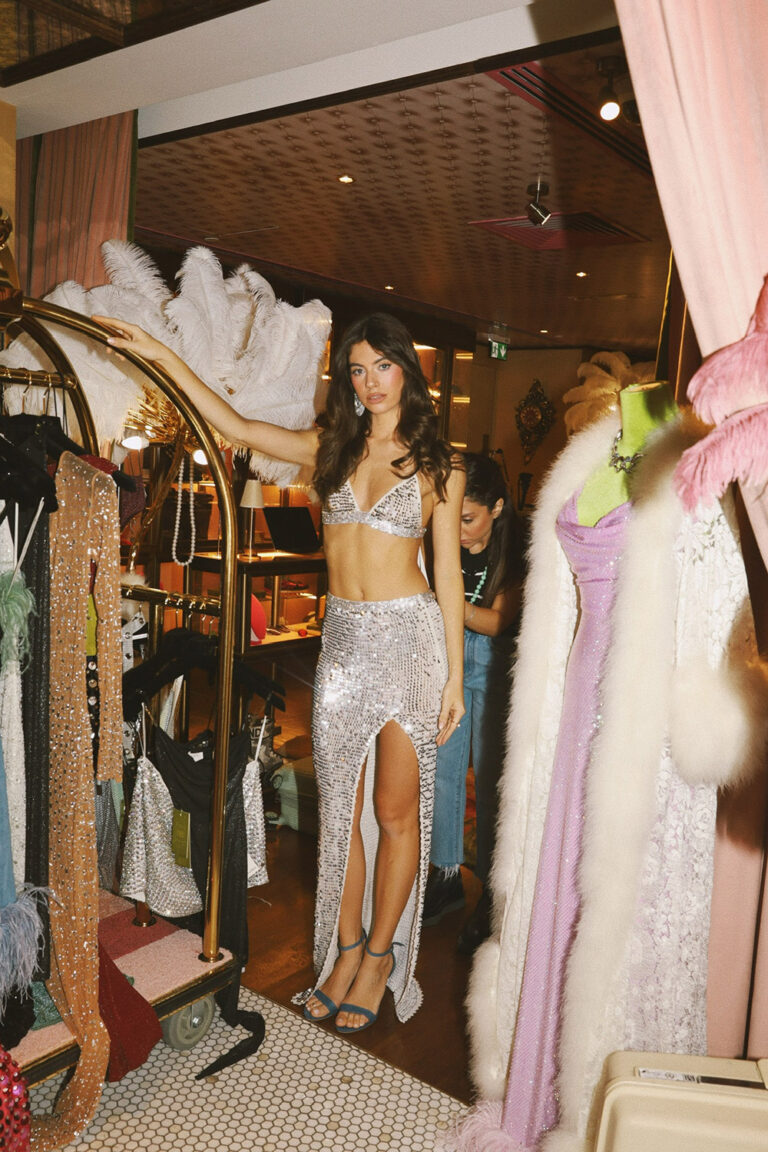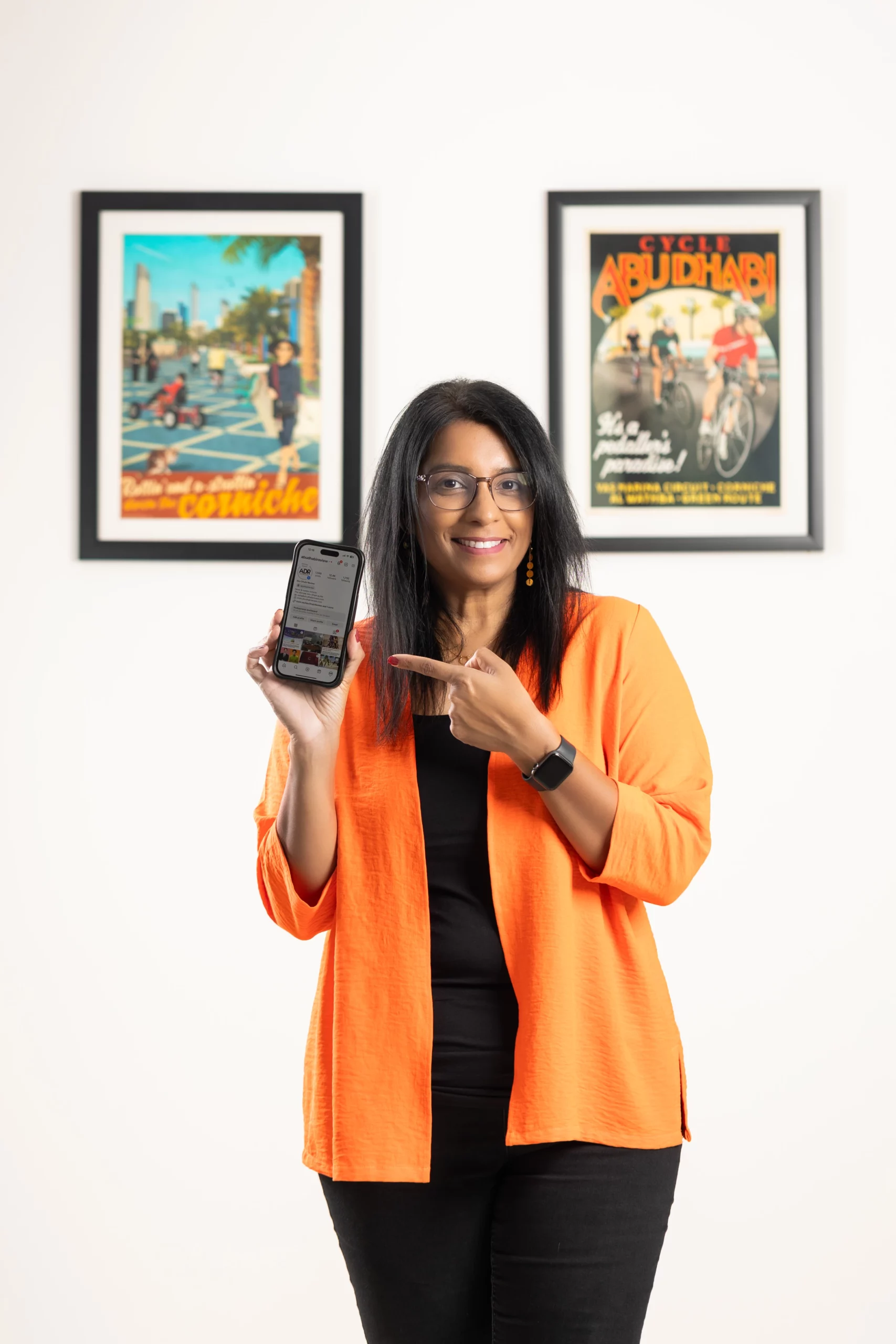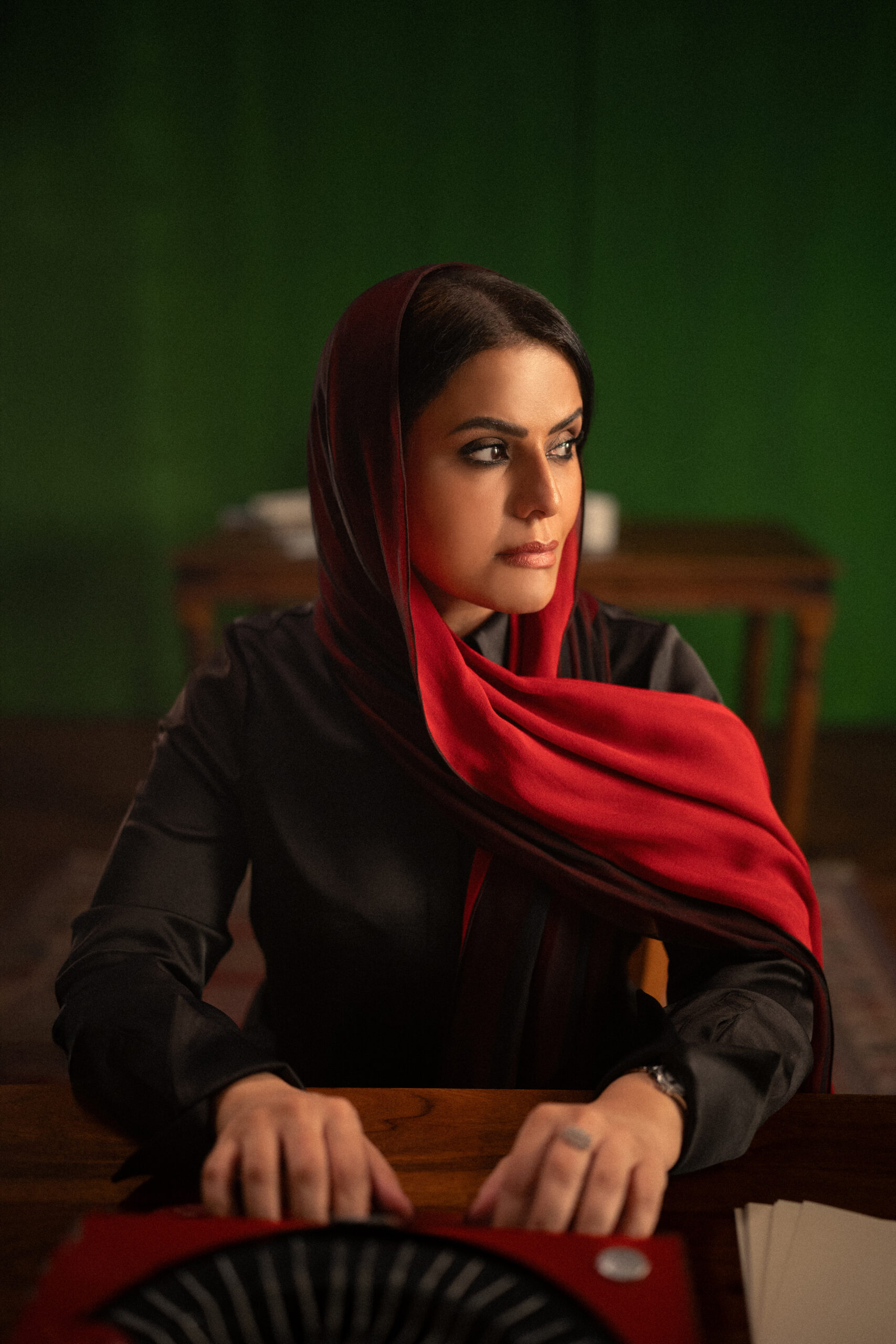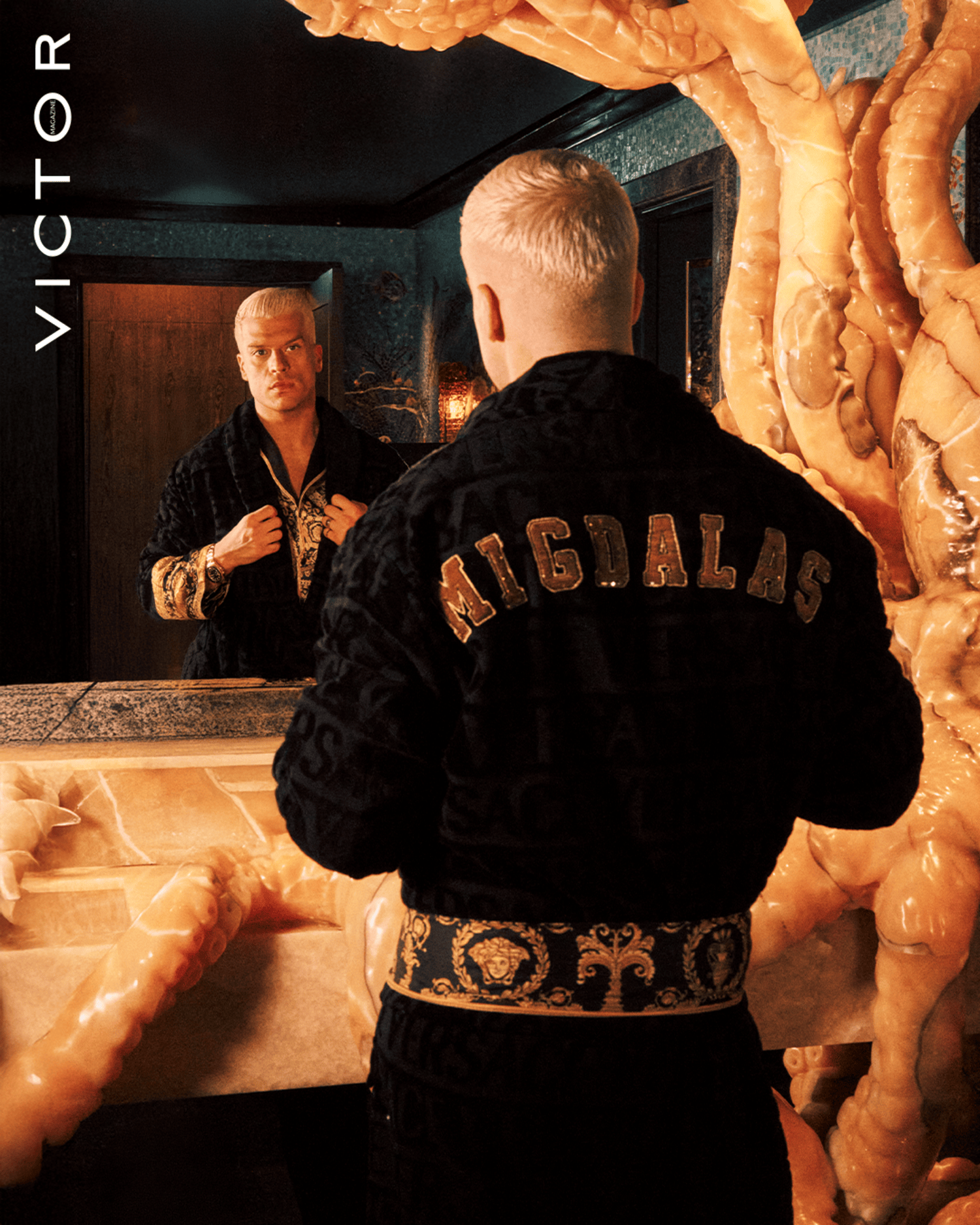
The Mona Lisa Effect: Interview with Elie Nakhle
Gayatri Ramchandran
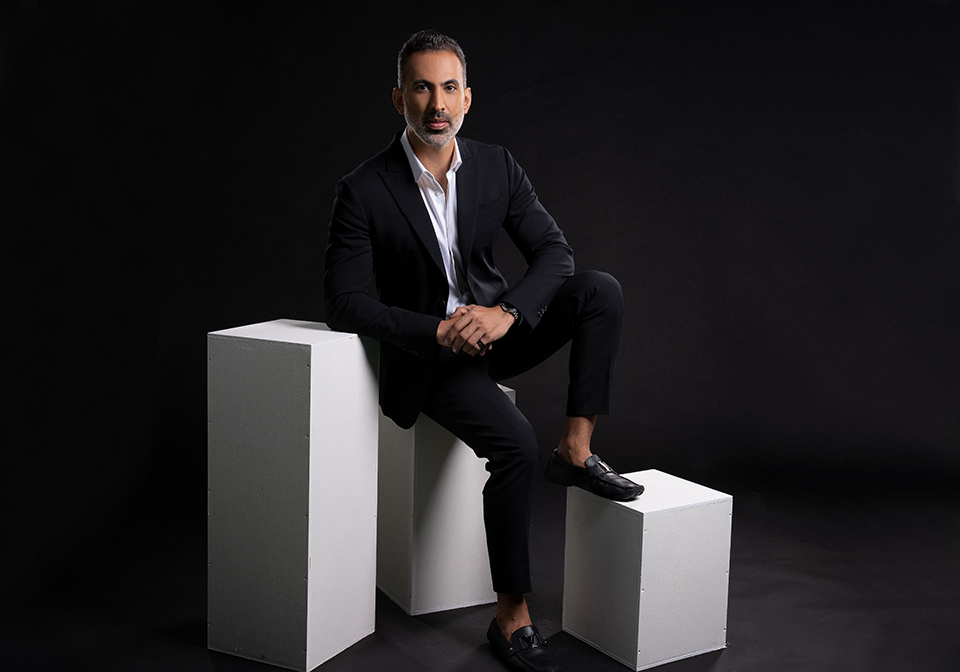
- Photo by: Mohannad El Chaar
It has been reported that when you stare into the eyes of Leonardo DaVinci’s Mona Lisa, her eyes tend to travel along with you as you move along swiftly in the room. Such as in the case of Elie Nakhle, who is blessed with the ability to enrapture the audience, the moment his indomitable presence graces our screens. From plotting ideas and pretending to act as a host, to being featured as an anchor in some of Dubai’s popular entertainment channels, Elie Nakhle is the exact definition of the universe working in mysterious, highly fascinating ways.
What intrigued you in pursuing a career in the Journalism field? Can you also tell us about a time where you pitched a unique story?
Since I was a kid, I have had the curiosity to know celebrity news and watching entertainment programs. Growing up, instead of doing my homework in my bedroom, I used to create ideas for tv shows and pretend that I’m hosting them and I was obliging my sister who used to study in the same room to stop her homework and be my guest. Years later, I decided that journalism should be my future career, even though I was in the science major.
Throughout the years I’ve covered many interesting stories, but one of them was very distinctive because it was challenging. I flew to Paris to cover Saad Lmjared’s concert in Le Palais des congrès. Once I knew he was arrested by the police and the concert might be cancelled, I stayed in Paris for 10 days instead of 4, trying to cover the developments of the case. It was challenging to connect with key people who were able to tell me the true story behind what’s happening since it was so confidential.
What are some of the myths you would like to bust regarding the perceptions people have about being a journalist? What it is and What it isn’t?
Journalism is changing but certainly not dying. The media landscape has transformed more in the last 20 years than in the preceding 120 – and ‘jobs for life’ are certainly thinner on the ground. But the technological changes which have stripped away parts of the mainstream media, including many local and national newspapers, are now creating unique and exciting opportunities for vigorous, collaborative and profitable independent journalism. A lot of people seem to THINK they’re journalists – and it’s true that anyone with a phone and a Twitter account can capture and distribute news of fires, crashes and protest marches rapidly and often with great impact. Verifying facts, putting events into perspective, and following the ripples that any significant story creates takes more than 280 characters and 10 seconds of dramatic shaky video.
What are some of the precautions you take to ensure your collected information is accurate? Why do you think people are quick and susceptible to believing that everything they read on the internet is true?
When I started my journey in journalism, I promised myself to always be credible. And that’s not easy especially with all the mixed information we get from most of the digital platforms, which try to get trendy no matter if the information is verifiable or not. That’s why I do my research and I get the precise facts from the guest himself. The internet is an easy search engine, and people were brainwashed in a certain way to believe that everything in there is accurate.
How do you feel about the regulation of social media and its effects on Journalism?
The rise of internet and mobile apps as popular gateways of news consumption, has profoundly changed what constitutes journalism. On one hand social media has made journalism easier as writers are able to spread their work to a larger audience in seconds. It has given a chance for lesser-known writers to succeed. On the other hand, the fact that it’s accessible to everyone, random news is easily published without any restrictions. The huge inflow of information through the unofficial channels makes journalism more of a desk job leaving less time for field work and research. Audience empowerment has redefined authorship to an extent that, today journalists and audiences act as partners in news making.
As per your opinion, what are some of the elements you would want the audience or the readers to take away? Be it in print or on T.V?
Social media allows every individual to have a voice in the news through comments and posts. It can bring together a group of people who share the same views, but the interactive features have transformed journalism into a forum whose primary function is exchange of views. Blogs, YouTube, Twitter and Facebook have become increasingly central to the dissemination of news. ‘Fast’ and ‘short’ being the dominant logic of the web platforms, quantity rather than quality gets more attention.
What are some of the contributions you’ve accomplished throughout your career and that you are most proud of?
A creative and driven journalist with 16 years of experience, a storyteller as well as a nose for the truth, I covered more than 500 stories, in the Arab world, Europe and the states. Each story has a valuable memory, but I believe that some stories pushed me ahead and took me to another level. For me each story is an accomplishment that shaped my character. At the end of the day, the good hard work paid off. I was blessed for being granted the UAE’s Golden visa by the Dubai authorities.
If you were granted the opportunity to cover one of the major topics or stories this year, which one would it be?
Even though I’m far away from covering political stories, I wanted, for a year now, to cover at least one story related to the blast that Lebanon went through on August 4, 2020. As we mark one year since the apocalyptic day that changed our life forever, I feel the urge to talk about the families who lost their beloved ones, to talk about the people who lost their homes, the ones who are traumatized… to show the world the pain that the Lebanese people are going through. I wanted to make sure their stories are never forgotten.
What are some of the qualities you’d want every aspiring journalist to stand by? What would be your two cents?
As a journalist, you need to be aware of the current events. Read a wide range of both print and digital mediums of news sources to stay updated on the happening events. Being a good journalist, you have to rely on facts and evidence, not on emotions while working on a story. An ideal journalist should be observant and possess strong analytical skills to assess a situation if there is something more to it. Whether it is about confirming the credibility of sources or assessing an incident, a journalist should know how to weigh a situation critically. Sound judgment to verify the information before drafting the story is equally significant. For me journalism is not a job, it’s a mission.
By Author

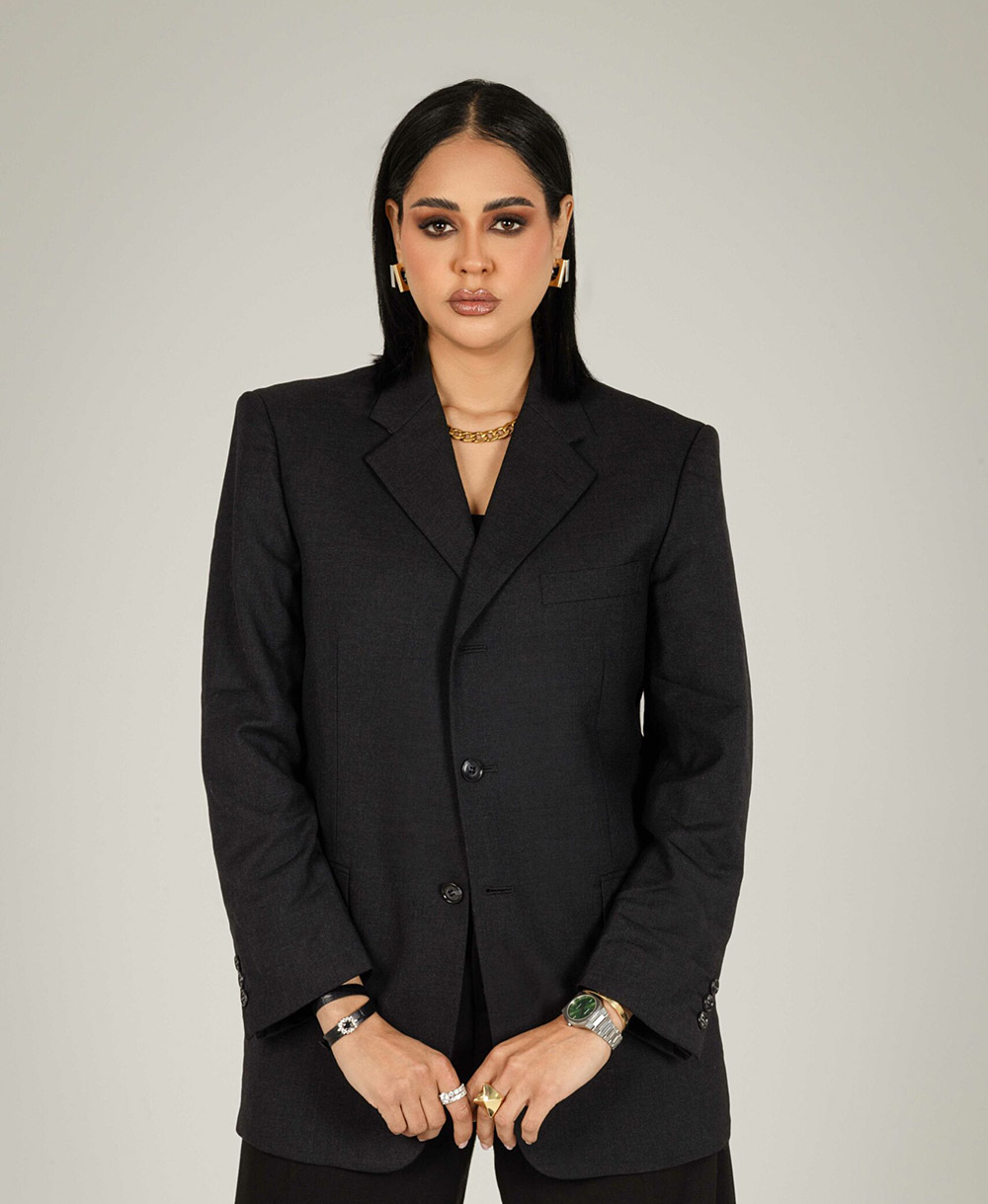
From Calculations to Camera: Basma Mostafa’s Bold Leap into the Unknown
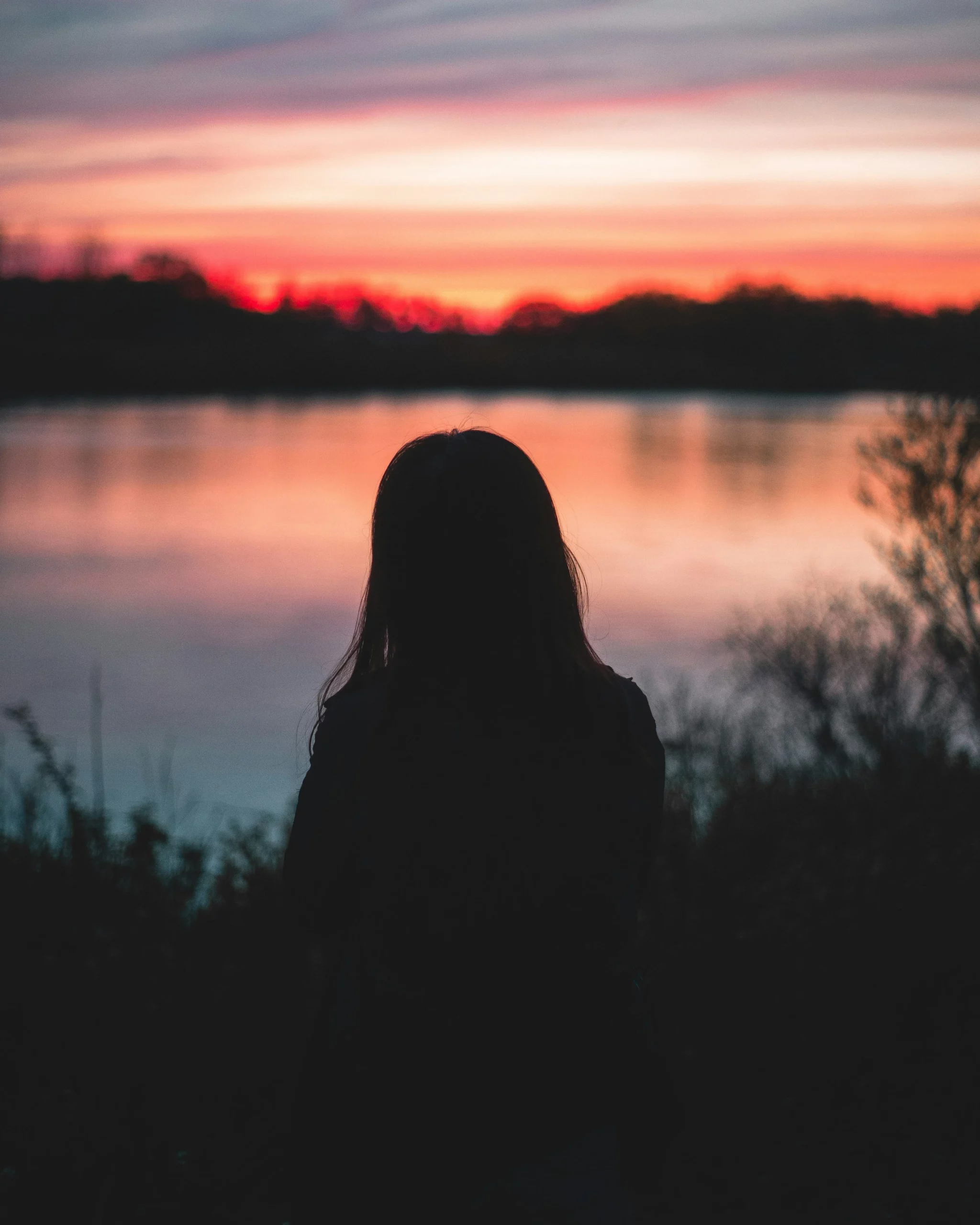
Stop Blaming. Enough Is Enough: Words @ 3AM By Gayatri.R
no related post found

Beyond the Expected: John Migdalas on Today’s Luxury
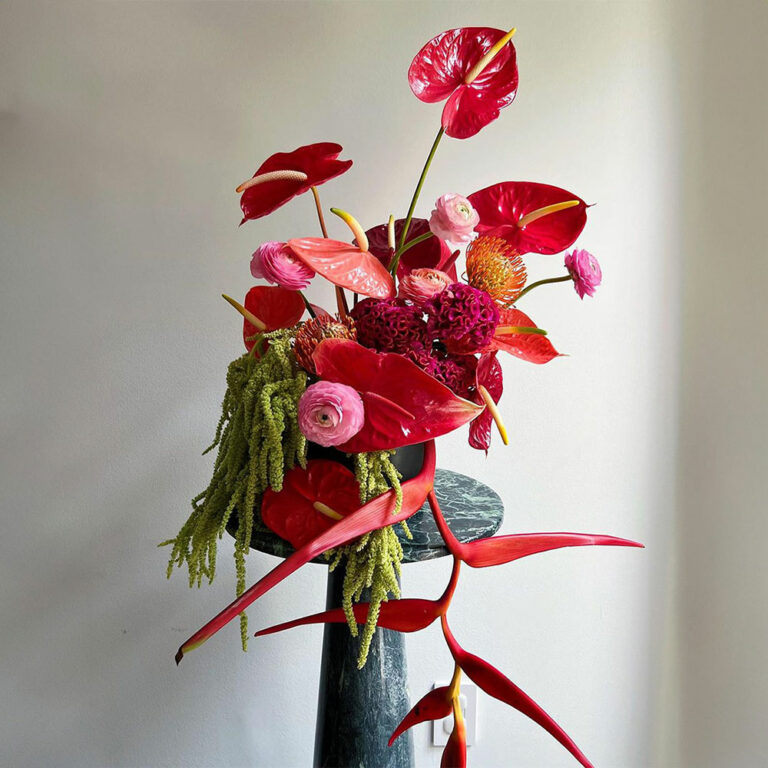
“Flowers are our favorite F word!”

Indulging in Love and Flavor at Playa: A Valentine’s Day Delight

Beyond the Expected: John Migdalas on Today’s Luxury
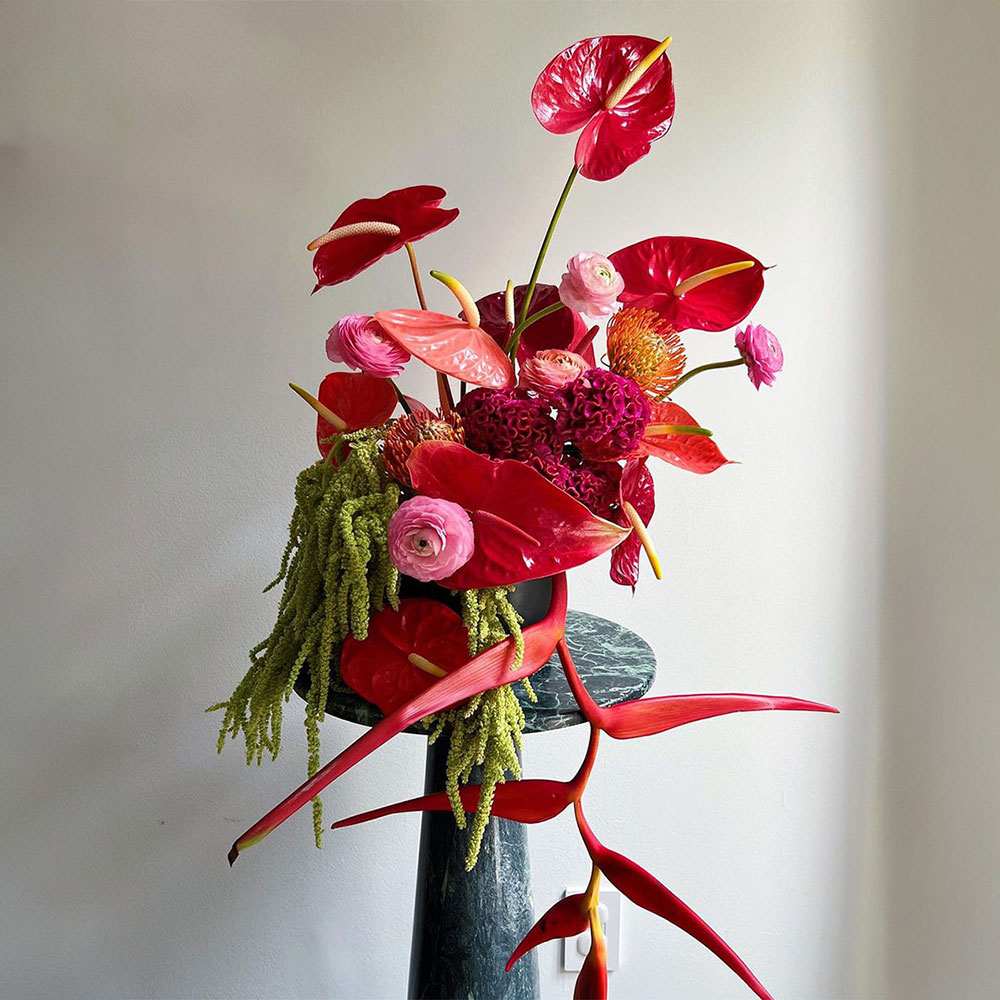
“Flowers are our favorite F word!”

Indulging in Love and Flavor at Playa: A Valentine’s Day Delight

